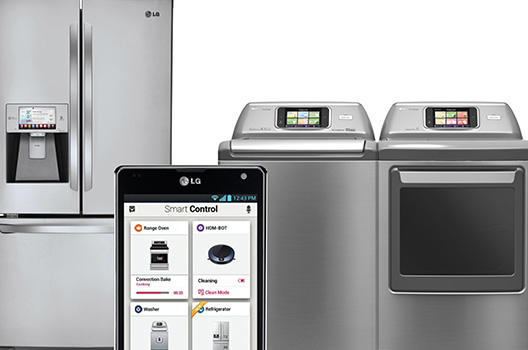

A majority of respondents worldwide (54 percent) indicated they might be willing to share their personal data collected from their smart home with companies in exchange for money, and 70 percent agree companies should give coupons and discounts to customers in return for data about device usage, according to a survey of global consumers sponsored by Intel Security. The survey also found that 77 percent of respondents believe smart homes will be as common in 2025 as smartphones are today, but 66 percent are also very concerned about smart home data being hacked by cybercriminals.
The “Internet of Things and the Smart Home” survey released today polled 9,000 individuals from nine countries: Australia, Brazil, Canada, France, Germany, India, Mexico, the United Kingdom and the United States.
“Smart homes and their associated data have the potential to improve consumers’ everyday lives,” said Steve Grobman, chief technology officer for Intel Security. “The survey shows that many individuals would be comfortable sharing their data for a price, but they are still understandably concerned about cyberthreats. Security has to be foundational to the Internet of Things and when done right, it can be an enabler of IoT.”
Survey respondents were universally worried about potential security threats from smart homes, with 92 percent expressing concern that their personal data could be hacked by cybercriminals. Yet in a testament to innovative security, almost as many respondents (89 percent) said that if they lived in a smart-home, they would likely prefer to secure all their smart devices through a single integrated security package.
Consumers were less enthusiastic about existing security methods such as passwords, with 4 in 10 foreseeing passwords as a frustration with smart homes, and three-quarters (75 percent) indicating they are at least somewhat anxious about the number of passwords likely to be required to manage smart homes. However, biometrics scored well as an alternative for accessing smart homes. When asked to select several preferred forms of biometric security, 54 percent opted for fingerprints, 46 percent for voice recognition and 42 percent for eye scans.
Additional key survey findings include:
Integrated low-power analog peripherals reduce design costs and complexity Devices designed for capturing rapidly changing…
Healthee, the AI-powered platform transforming the health benefits experience, today announced a $50 million Series B funding…
Round led by cybersecurity visionaries SYN Ventures and YL Ventures to accelerate Miggo’s mission to…
The 2025 Cymulate Threat Exposure Validation Impact Report reveals that exposure validation significantly decreases breaches…
DigiKey, a leading global commerce distributor offering the largest selection of technical components and automation…
The round was led by the fund of Dan Caine, Chairman of the Joint Chiefs…